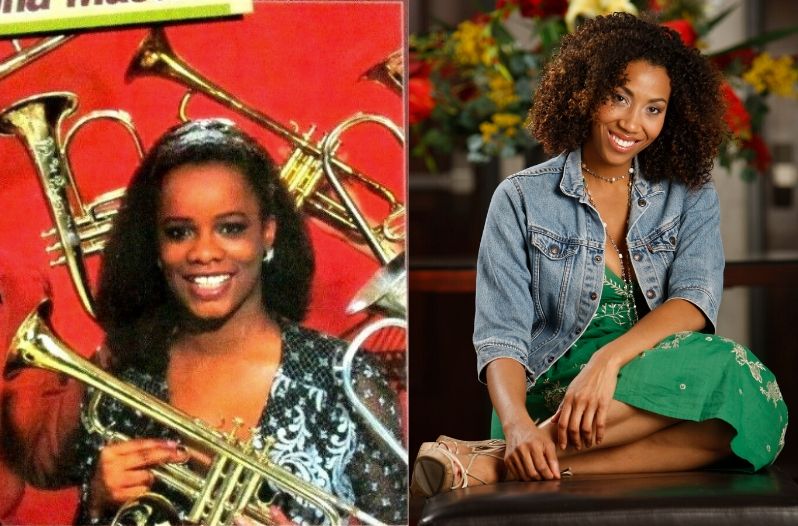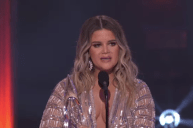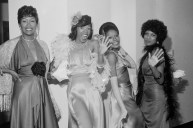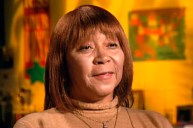When Rissi Palmer's debut single, 2007's "Country Girl," reached as high as No. 54 on Billboard's Hot Country Songs chart, it brought to light a maddening statistic. Palmer was the first African American woman to chart a song since Dona Mason teamed with Danny Davis of Nashville Brass fame for a 1987 cover of "Green Eyes (Cryin' Those Blue Tears)."
To be perfectly clear, we're not talking about 20 years in between Top 10 hits or some other lofty achievement neither woman got positioned to reach. No country artist on the charts during a span which included the entire '90's boom and the early aughts rise of pop-friendly country was a black woman. It's tough to swallow yet, sadly, easy to believe.
A search for Mason on the internet turns up more about a realtor of the same name than an answer to one of modern country music's most dubious trivia questions. We do know that she cut an entire album with Davis, a successful band leader, trumpet player and producer. Perhaps Davis sought to copy the success of the only Top 5 single in country music history to feature a black woman: Earl Thomas Conley and Anita Pointer's No. 2 hit from 1986, "Too Many Times." Or, less cynically, he might've simply hired the right powerhouse vocalist to notch his highest-charting single since his 1980 collaborations with Willie Nelson.
Palmer's career has been covered way more thoroughly, with Tom Netherland's 2016 article "Color Them Country: The Black Women of Country Music" for the Bristol Herald Courier atop our suggested reading list.
In Netherland's article, Palmer discusses the thrill of hearing herself on the radio for the first time, which incidentally drives home how many joyous firsts didn't happen for others over a two-decade span.
"Was it a huge impact? Hell yeah!" said Palmer, a Pittsburgh native. "The first time I heard 'Country Girl' on the radio we were in Oklahoma. We started singing, I was crying and I'm almost getting teary talking about it."
https://www.youtube.com/watch?v=eIYjbCvIX5U
Before the song's debut, Palmer lived a childhood dream by appearing on the Opry stage, a space shared by a short yet richly talented list of African American performers, including DeFord Bailey, Charley Pride and Linda Martell, and enjoyed by listeners of all races and from all walks of life.
"That's up there," Palmer told the Bristol Harold Courier. "It's up there with getting married and having my daughter. It was the Grand Ole Opry that my grandmother listened to on the radio. I cried a lot. I couldn't believe it."
In 2008, Palmer charted two more songs off her self-titled debut album: "Hold on to Me" and a cover of Chris Brown and Jordin Sparks' "No Air." Her career continues today, with 2019 album Revival featuring "Seeds," a protest song reflecting current headlines.
Back to the main issue at play, a 20-year gap between black women appearing on the country charts needs to be remembered as a way that country music failed potential stars and a portion of its audience.
Read More: Mickey Guyton's 'Black Like Me' is 'Meant to Heal Every Heart'
Of course, it wasn't just women getting overlooked between 1987-2007. In a 1992 feature by People magazine, cardiologist and country singer Cleve Francis was identified as the only African American on a major label (Liberty Records). During a boom period for country music, all African American talents lacked exposure, offering zero representation for Palmer's grandmother and other black listeners.
Fast-forward to now, and there's still a frustrating tale to be told. In 2019, the Country Music Association reported 55 percent audience growth over the past five years within the African American population. So beyond the chance for country tastemakers to be decent human beings at a time when racial issues are at the forefront, avoiding another gap (be it two weeks or 20 years) could equal lucrative business—rest assured, no matter how many "authenticity" debates the charts might inspire, it's all about the bottom line.




